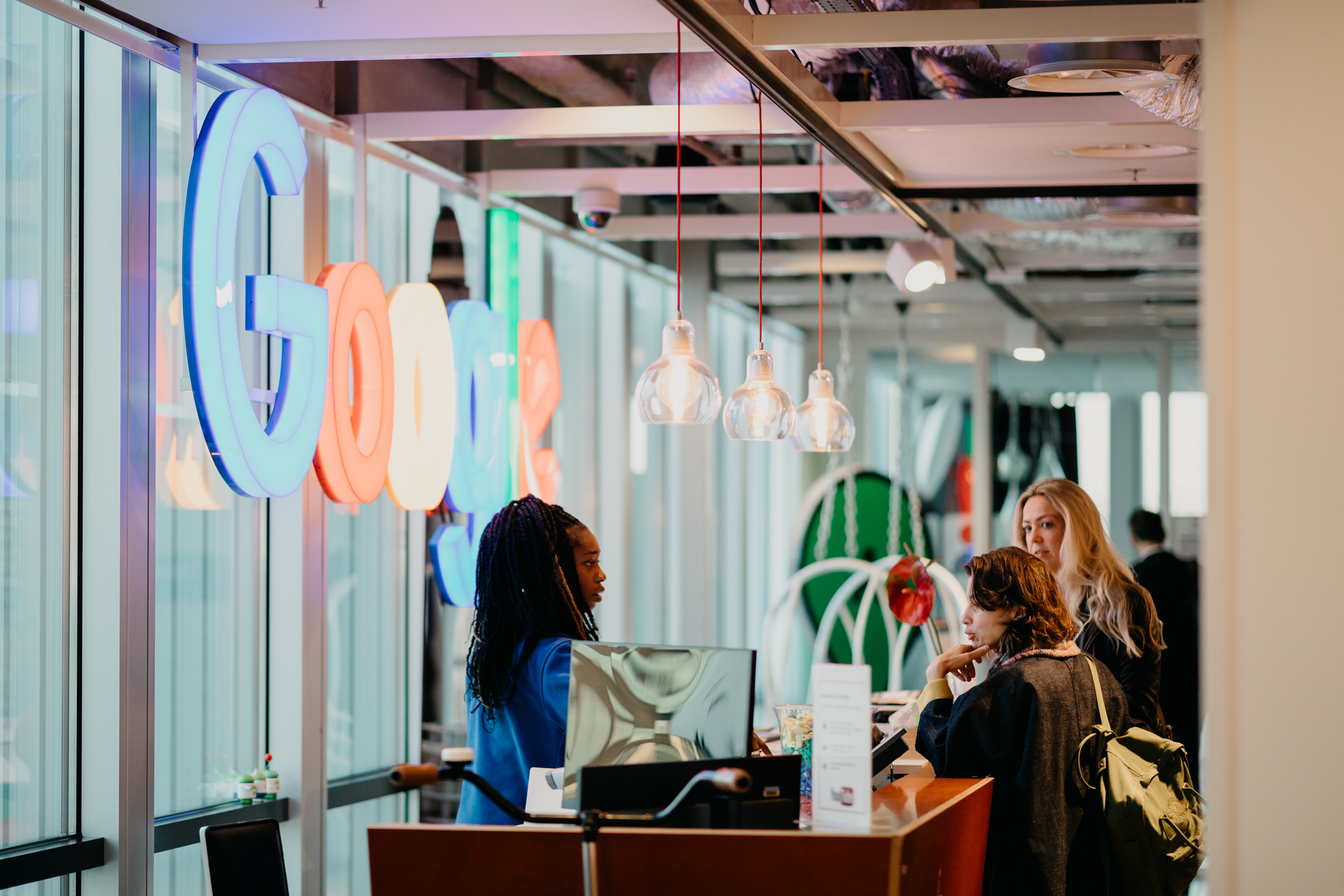Is Google gearing up to launch its own marketplace?
Why is this happening?
- COVID-19. This is the right time to accelerate the plan for obvious reasons. Lots of retailers are in trouble and it might help them to sell more in the interim.
- There are still a huge number of sellers who do not promote their offer through Shopping. Through this incentive, Google clearly wants to tempt them to start.
- It’s no coincidence that the requirements for advertisers have become increasingly strict in recent years. Every year there are at least two updates that tighten the thumbscrews. This ensures, for example, that products can be better compared with each other.
- We all know that Google Shopping has to compete with Amazon and will have plans to become a full-fledged marketplace competitor. For that to happen requires a huge volume of products being available. By making listings free, Google aims to achieve this and accelerate scale. If you’re feeling cynical, you have good reason; Google will likely find ways to recoup giving this away for free at some point.
Amazon is currently increasing its market share in the search advertising market, at the expense of Google. Sure, Google still has over 70% market share of the search market, but Amazon is gaining ground, expecting to scoop nearly 16% market share by 2021. For a business built on paid search, every percentage lost is a dent in Google’s potential revenue, and it won’t lose market share without a fight.
As with other marketplaces such as Amazon and Bol, a number of trends can be expected for retailers as Google steps into the marketplace sector:
- A shift from cost-per-click to cost-per-sale.
- A larger part of the shopping experience will take place outside of your online store.
- The ‘transaction moment’ will shift from seller to marketplace.
- You will have fewer ‘contact moments’ with the customer.
- Product feed quality and topicality will become even more important
- More attention will be paid to organic shopping optimisation from SEO teams.
- Online sellers will ramp up their commerce teams with marketplace expertise.
If you are a retailer, it’s the right time to consider a more integrated approach to your search activities. If you want to start using Google shopping, don’t think it will just be as simple as switching it on. You will need to look at getting all the product feeds in order. Depending on the volumes of products you have on offer, this can be quite a big task. Organic search will be key to stand out with Google Shopping, so ensure you are focused on SEO. Look at your paid search together with your organic search to steer an integrated approach.
The best thing you can do now is plan for the inevitable. We know that it is highly likely that Google marketplace will become a real thing in the near future, so preparing for it now will ensure you can maximise the opportunities it may bring.
More Insights?
View all InsightsQuestions?
SEA Consultant





